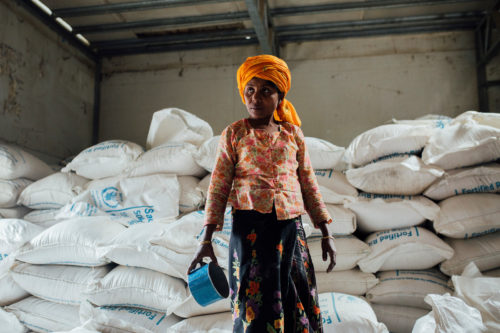Prioritize the Mental Health of Refugees
The number of people forced from their homes due to persecution, conflict, and violence has now reached an…
The number of people forced from their homes due to persecution, conflict, and violence has now reached an…
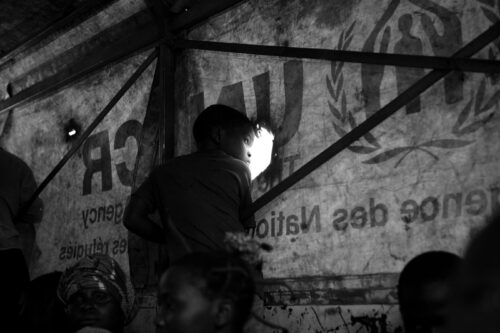
After decades of conflict, instability, poverty, and natural disasters, one in two people living in Afghanistan suffer from psychological distress.
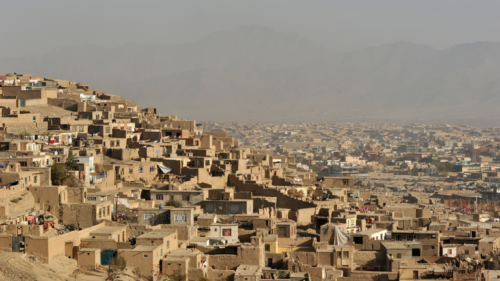
Sara* is a 22-year-old mother who lives in a remote village of southern Afghanistan. She has only one child, a…
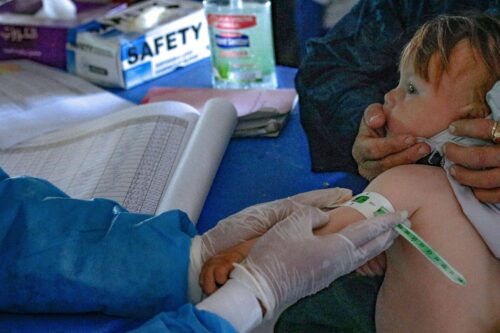
Conflict and violence around the globe have left about 47.2 million children displaced, 15 million of which are refugees. Of those 15 million children, 40% are out of school. The effects of displacement can be severe and far-reaching, impacting children’s mental and physical health as well as cognitive development, with significant follow-on effects on learning outcomes.
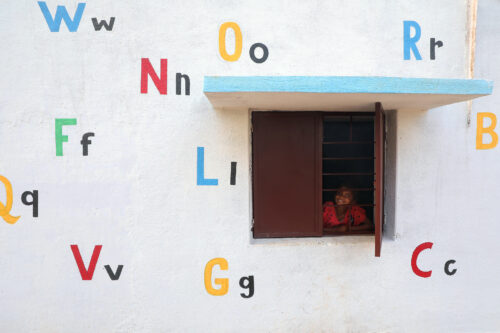
On May 29th, 2020, a panel of experts gathered for a webinar hosted by InterAction’s Protection Working Group to share…

Adults are nearly three times more likely to develop mental health conditions in conflict settings, with 22% likely to…

In unprecedented times like these, InterAction and our Members have the opportunity to learn and strategize together. Below are upcoming Working…

As we mark six months since the second Global Refugee Forum (GRF), held in December 2023, InterAction and International Council for Voluntary Agencies (ICVA) members are collaborating on a blog series to reflect on the GRF, focus attention on commitments, and strengthen transparency on progress since the first GRF in 2019.

COVID-19 shifted how humanitarians work and will likely reshape—if not entirely overhaul—elements of the global humanitarian system. How we work…
